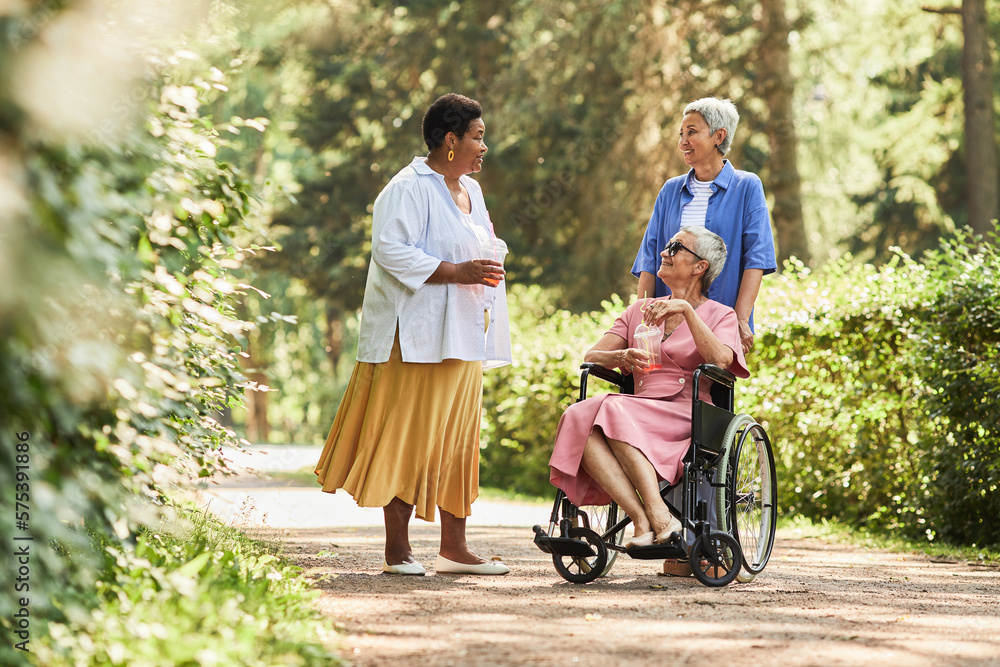As we age, our bodies undergo numerous changes, some of which can increase susceptibility to health issues. One prevalent condition in the elderly is fluid buildup in the lungs, medically termed as pulmonary edema. This condition can profoundly impact the quality of life for seniors, often leading to difficulties in breathing and overall reduced respiratory function. Understanding what causes fluid on the lungs in elderly is crucial for prevention and care.
This article delves into the various factors contributing to this condition, offering insights beneficial to both the elderly and their caregivers. For those interested in enhancing senior living, tools like the grabber tool and the best lift chairs may also assist in providing a comfortable living environment.

Understanding Pulmonary Edema
Pulmonary edema occurs when excess fluid accumulates in the lungs’ air sacs, leading to breathing difficulties. This can be due to heart-related issues, infections, or exposure to certain toxins. The elderly are particularly at risk due to physiological changes and potential comorbidities.
Heart Conditions and Their Impact
Heart health plays a vital role in the development of pulmonary edema. Conditions such as congestive heart failure, where the heart cannot pump blood effectively, can lead to fluid leakage into the lungs. Additionally, heart attacks disrupt normal cardiac function, further exacerbating fluid retention.
The Role of High Blood Pressure
High blood pressure, prevalent among seniors, burdens the heart, causing it to function less efficiently. Over time, this strain can result in congestive heart failure, highlighting the importance of managing blood pressure through diet, exercise, and, when necessary, medication.
Impact of Infections
Respiratory infections, such as pneumonia, commonly cause fluid accumulation in the lungs. Seniors might be particularly vulnerable due to weakened immune systems. Alongside appropriate medical treatment, preventive measures, including vaccinations, are essential in mitigating this risk.
Pneumonia and Its Effects
Pneumonia can be especially dangerous for the elderly, leading to significant lung inflammation and fluid buildup. Recognizing symptoms early and seeking medical advice is critical to minimizing complications.
Medications and Side Effects
Certain medications, especially those affecting heart or kidney function, may contribute to fluid retention. It’s important for seniors to discuss potential side effects with healthcare providers to manage and adjust medications as needed.
Diuretics and Their Use
Diuretics help reduce fluid buildup by increasing urine output. Though effective, they must be used under medical supervision to prevent dehydration and electrolyte imbalances.
Lifestyle Factors
Lifestyle choices like diet and physical activity have profound effects on senior health. An active lifestyle, including the use of tools like a back massager for seniors, can improve circulation and reduce the risk of fluid accumulation.
Dietary Considerations
A balanced diet low in sodium can prevent hypertension, a precursor to heart-related lung issues. Nutritional recommendations often emphasize fruits, vegetables, and whole grains to support heart health.
Mobility and Its Importance
Mobility is crucial in preventing fluid retention. Regular physical activity, customized to meet individual capabilities, can enhance cardiopulmonary health and prevent sedentary complications.
Use of Assistive Devices
Devices like the personal alert system can encourage safe and consistent movement, promoting a more active and healthier lifestyle.
Preventative Measures
Regular medical check-ups, a healthy lifestyle, and awareness of early symptoms like shortness of breath are pivotal in preventing and managing fluid in the lungs. Furthermore, support systems, as outlined in guides like better home care, play a crucial role in maintaining senior health.
Conclusion
Understanding what causes fluid on the lungs in elderly is key to improving their health outcomes and quality of life. Through informed lifestyle choices, regular medical care, and effective use of assistive products, seniors can enjoy a healthier and more active life.

FAQs
What are early symptoms of fluid on the lungs?
Early symptoms include difficulty breathing, especially during exertion, a cough that produces frothy sputum, and feeling fatigued.
How is the condition diagnosed?
Your healthcare provider may use chest X-rays, blood tests, and listening to lung sounds to diagnose fluid on the lungs.
Can lifestyle changes make a difference?
Absolutely. Lifestyle changes like improved diet, regular exercise, and weight management can significantly impact overall heart and lung health.
This article contains affiliate links. We may earn a commission at no extra cost to you.

